
Human Resource Management (HRM) is the heartbeat of any organization, vital for nurturing a thriving workplace. It’s about understanding people, their needs, and how they fit into the larger picture of a company’s goals.
Human Resource Management is all about uniting people and organizations to fulfill both their own and the organization’s objectives. It’s essentially the practice of acquiring, nurturing, and retaining a skilled team to meet an organization’s aims in a productive and proficient manner. Nowadays, no company can operate without the right team. That’s why Human Resource Management is at the heart of every business’s operations.
NOTE:
Human Resource Management is defined by Edwin Flippo as “planning, organizing, directing, controlling of procurement, development, compensation, integration, maintenance and separation of human resources to the end that individual, organizational and social objectives are achieved.”

Human Resource Management Overview
¡》The Essence of HRM: Beyond Administration
HRM transcends beyond mere administrative tasks; it’s about fostering a culture where every employee feels valued and empowered. It’s the strategic integration of recruitment, development, and retention practices that build the foundation of a resilient organization.
¡¡》The Challenges: Steering Through Change
The path of HRM is filled with challenges, from adapting to technological advancements to managing diverse workforce expectations. It’s about being agile and responsive to the shifting landscapes of the modern workplace.
¡¡¡》The Successes: Crafting a Cohesive Narrative
When HRM strategies are executed well, they weave a cohesive narrative of unity and progress within the company. Success stories are not just about numbers and figures but about the smiles and satisfaction of a well-supported team.
Topics in Human Resource Management
- Human Resources (HR): Roles and Responsibilities
- Recruitment Process: 6 Necessary Steps in HRM
- Horn Effect | Meaning, Impact and Measures
- Emotional Intelligence | Meaning, Pillars and Importance
- Golden Parachute | Meaning, Working and Rules
- Group Polarisation | Meaning and Causes
- Behavioural Interview | Concept, Common Questions and Importance
- Employee Burnout | Reasons and Tips to avoid Employee Burnout at work
- Career Plateau | Meaning, Causes and Strategies
- Floating Holiday | Meaning, Purpose and Policy
- Document Management System | Features, Types and Benefits
- Short-Term Goals |Benefits of Quick Wins and Measuring & Tracking Short-Term Goals
- Background Check | Meaning, Need and Importance
- Career Pathing | Meaning, Importance, Kinds and Example
- Exit Interview | Advantages, Disadvantages and Tips
- Feedback Sandwich Method | Meaning, Working, Advantages and Disadvantages
- Candidate Relationship Management (CRM) | Meaning, Process and Importance
- Brinkmanship | Meaning, Effects and Ways to deal
- Cost per hire | Meaning, Importance and Components
- Insubordination| Meaning, Forms and Ways of Dealing
- Behaviourally Anchored Rating Scale (BARS) | Working, Benefits and Limitations
- Boomerang Employees | Meaning, Benefits and Drawbacks
- Buddy System | Meaning, Responsibilities and Advantages
- Bereavement Leave | Meaning, Elements and How does it work?
- Attendance Management | Meaning, Importance and Type
- 360-Degree Feedback | Meaning, Advantages and Disadvantages
- Difference between Mission and Vision
- 6 Stages of Employee Life Cycle
- Learning Strategies to Optimise the Training Process
- Ways to Create Diverse and Inclusive Workplaces
- Non-disclosure Agreement (NDA): Types, Clauses, Benefits, Problems and Precautions
- What is KRA? |Benefits and Limitations of KRA
- What is Internal job posting (IJP)? Explain benefits and challenges of Internal Job Postin
- Performance Improvement Plan | Full form of PIP
- Employee Retention & Engagement Strategies
- How to prepare an Employee Handbook?
- How to deal with employees having affairs?
- How to deal with employees complaining about managers?
- What is the difference between a Job Application, a Resume and a CV?
- What should I use? “A Curriculum Vitae or a Resume”
- Should you include irrelevant work experience on a resume?
- 10 steps to write an Effective Resume
- 4 Steps in the process of Posting a Job
- 10 Best Online Resume Builders
- Top 10 Traditional HR Interview Questions and Answers
- 5 Ways to a Successful Job Search
- 10 Best tips to prepare for a Job Interview in 2023
- 6 Careers in Human Resource Management
- 10 Ways to prevent Workplace Violence
- 10 Ways of Combating Sexual Harassment in the Workplace
- Top 10 Job Hunting Strategies
- Top 11 Job Search Websites of 2023
- 10 Essential Skills for a successful Career in Human Resources
- 5 Best Human Resource Management System (HRMS) for small and medium-sized Organizations
- 10 Best HR Certifications and Courses
- 6 Tips to develop Convincing Skills
- 5 Best Human Resource Management System (HRMS) for small and medium-sized Organizations
- 10 Best HR Certifications and Courses
- Top MBA Colleges after Engineering
Benefits of Studying Human Resource Management
Here are the benefits of studying Human Resource Management (HRM)
- Acquires a universal skillset: Learning HRM equips you with skills that are widely applicable.
- Leads to job diversity: It opens the door to a variety of job roles.
- Gives a sense of job satisfaction: It contributes to a fulfilling career.
- Keeps up with current HR developments: It keeps you updated with the latest trends in HR.
- Creates numerous opportunities: It unlocks many career possibilities.
- Masters conflict resolution: It trains you in resolving workplace disputes.
- Improves employee turnover: It teaches you strategies to enhance staff retention.
- Aids in budgeting and controlling: It also improves your financial planning and management abilities.
These points highlight the comprehensive impact that studying HRM can have on your professional capabilities and opportunities.
What will you do as an HR Professional?
¡¡》Recruiting Candidates:
Recruitment is a key role of the Human Resources department. It’s a series of steps that involve finding, vetting, and choosing candidates. This means pinpointing what the company needs in terms of staff and then fulfilling that need. The entire process encompasses finding, engaging, interviewing, picking, and welcoming the best individuals for the job.
¡¡》Hiring the Right Employees:
This step involves the last talk with the candidate about their pay, start date, and other details. Once the start date is set, an offer letter is given out. Sometimes, this part may also involve checking the candidate’s background.
¡¡¡》Processing Payroll:
This task covers managing salaries, taxes, expenses, bonuses, and more. HR is in charge of taking care of costs that should be paid back, as well as salary increases, bonuses, and tax deductions.
¡V》Conducting Disciplinary Actions:
HR experts are tasked with handling disciplinary measures within a company. They make sure that all staff members adhere to the workplace’s rules and standards.
V》Updating Policies:
It’s up to HR experts to refresh company policies now and then. They revise rules about things like time off, pay cuts, work hours, and so on, in line with legal requirements and the company’s regulations.
V¡¡》Maintaining Employee Records:
Keeping up with employee records is a crucial job for HR professionals. They manage the storing, organizing, and keeping of staff information that’s gathered throughout an employee’s time with the company.
Human Resources Management Careers
Exploring a career in Human Resource Management (HRM) offers a diverse range of opportunities for professionals passionate about supporting an organization’s workforce. Here’s an overview of potential career paths within HRM:
1. HR Assistant: An entry-level position focusing on employee documentation and HR data management.
2. Benefits Administrator: Specializes in managing employee benefits programs.
3. Payroll Specialist: Handles compensation, taxes, expenses, and bonuses.
4. Training Coordinator: Oversees employee training and development programs.
5. Compensation Specialist: Focuses on developing and managing salary structures and policies.
6. Training Manager: Leads the training department, ensuring effective learning and development strategies.
7. HRIS Specialist: Manages Human Resource Information Systems for data and process efficiency.
8. Employee Relations Manager: Addresses workplace issues and maintains positive employee relations.
9. HR Manager: Oversees various HR functions and leads the HR team¹.
10. Talent Acquisition Specialist: Focuses on recruiting and hiring top talent for the organization.
11. Diversity and Inclusion Manager: Develops policies and programs to promote diversity within the workplace.
12. HR Business Partner: Works closely with business leaders to align HR strategies with business goals.
13. Organizational Development Consultant: Advises on strategies to improve organizational effectiveness.
14. Labor Relations Specialist: Manages relationships between the workforce and management, often within unionized environments².
15. HR Director: Holds a senior role responsible for the strategic direction of HR within the organization.
Each of these roles requires a unique set of skills and offers different experiences. Whether you’re interested in the administrative, strategic, or developmental aspects of HR, there’s a career path that can align with your interests and strengths. For those looking to enter the field, gaining relevant education and experience, as well as professional certifications, can be crucial steps towards a successful HRM career.
If You Prefer a course;
And why go anywhere when our FREE Human Resource Management (HRM) Course helps you do this in a single program! Apply now to our Free HRM Program and our counsellors will connect with you for further guidance & support.
Conclusion
In conclusion, HRM is a transformative journey that touches every aspect of an organization. It’s about creating an environment where employees can grow, contribute, and find meaning in their work. As we look to the future, HRM will continue to be the cornerstone of organizational success.
RELATED ARTICLES
- Mastering Aptitude Questions and Answers
- Modern Management Tutorial: Definitions, Functions and Styles
- Finance Tutorial
- Income Tax Tutorial
- Linux/Unix Tutorial &Roadmap
- Project Management Tutorial: Mastering Project Management
- Microsoft (MS) Excel & Formulas Tutorial
- RESUME Tutorials – First Step to Interview Preparation
![Best Data Structures and Algorithms(DSA) Courses for Java Developers [2024]](https://www.ternetdigital.com/wp-content/uploads/2024/03/img-1-101.jpg)
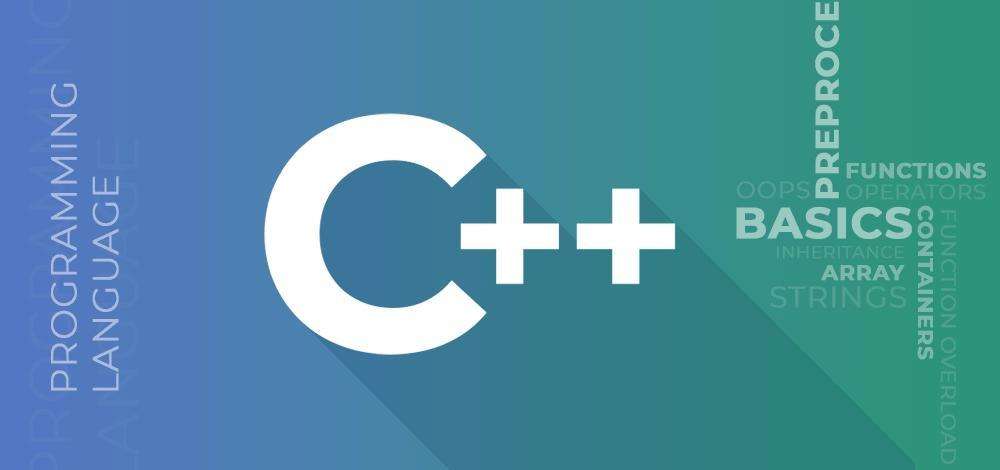




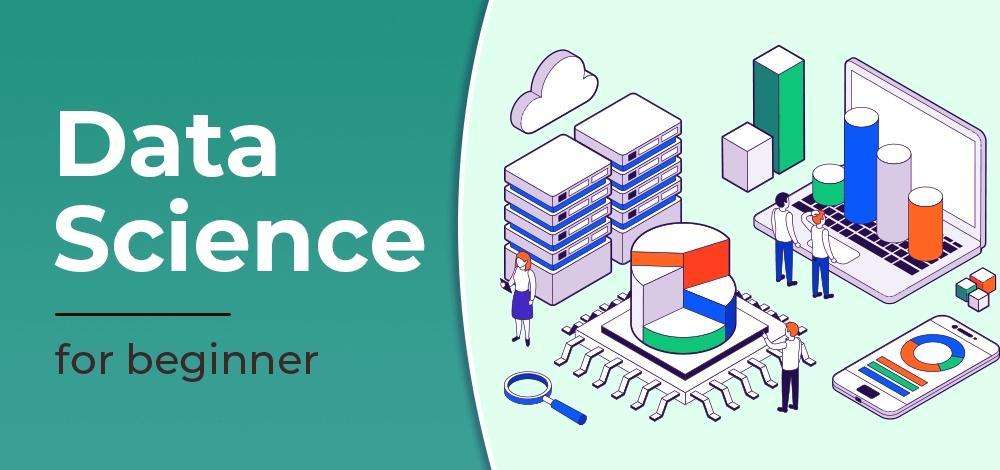
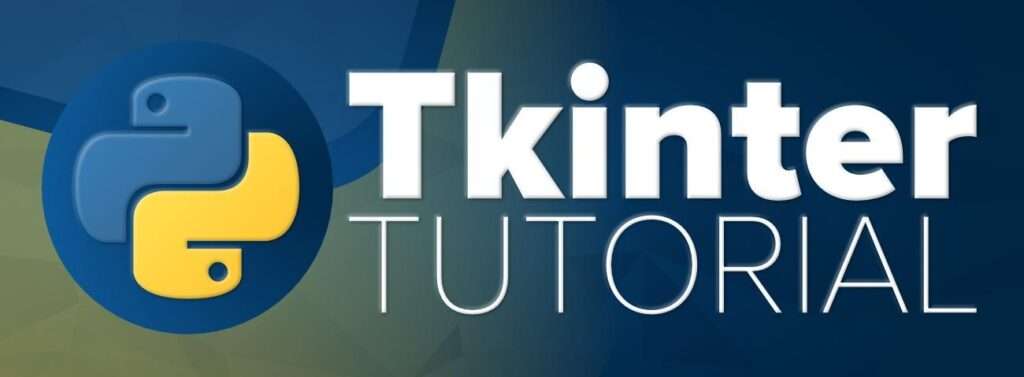
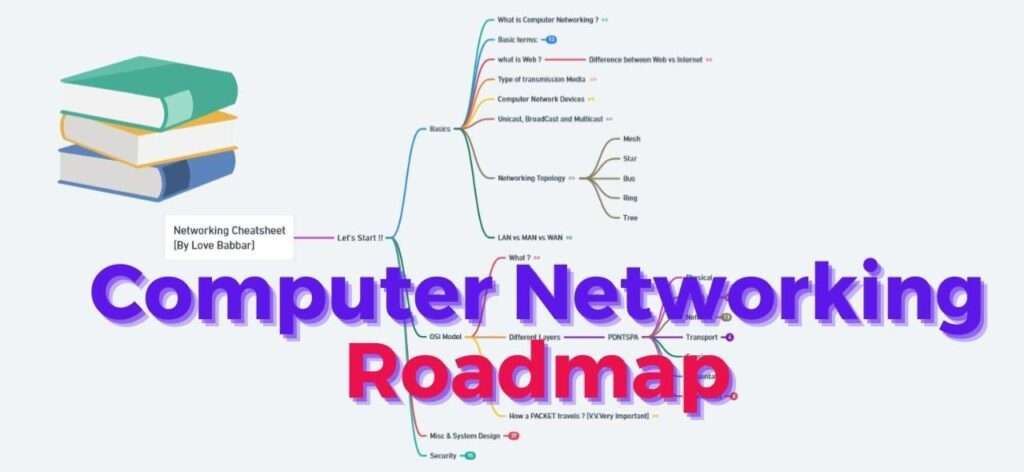
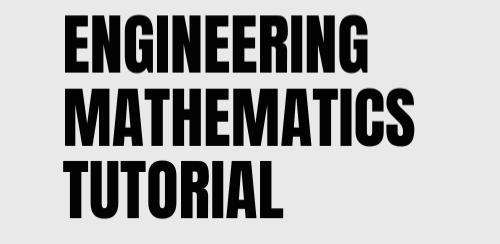
купить свидетельство о рождении https://6landik-diploms.com
жк казань купить квартиру https://kupit-kvartiru47.ru
сколько стоит сео оптимизация сайта https://prodvizhenie-saytov43.ru
Robert Lewandowski https://robertlewandowski.prostoprosport-ar.com is a Polish footballer, forward for the Spanish club Barcelona and captain of the Polish national team. Considered one of the best strikers in the world. Knight of the Commander’s Cross of the Order of the Renaissance of Poland.
Mohamed Salah https://mohamedsalah.prostoprosport-ar.com is an Egyptian footballer who plays as a forward for the English club Liverpool and the Egyptian national team. Considered one of the best football players in the world. Three-time winner of the English Premier League Golden Boot: in 2018 (alone), 2019 (along with Sadio Mane and Pierre-Emerick Aubameyang) and 2022 (along with Son Heung-min).
Pedro Gonzalez Lopez https://pedri.prostoprosport-ar.com better known as Pedri, is a Spanish footballer who plays as an attacking midfielder for Barcelona and the Spanish national team. Bronze medalist of the 2020 European Championship, as well as the best young player of this tournament. Silver medalist at the 2020 Olympic Games in Tokyo. At the age of 18, he was included in the list of 30 football players nominated for the 2021 Ballon d’Or.
The best film magazin https://orbismagazine.com, film industry trade publications in 2024 to keep you informed with the latest video production, filmmaking, photographynews. We create beautiful and magnetic projects.
Hello there! Do you know if they make any plugins to
assist with SEO? I’m trying to get my website to
rank for some targeted keywords but I’m not seeing very good gains.
If you know of any please share. Many thanks!
I saw similar article here: Escape room
Luis Fernando Diaz Marulanda https://luis-diaz.prostoprosport-ar.com Colombian footballer, winger for Liverpool and the Colombian national team . Diaz is a graduate of the Barranquilla club. On April 26, 2016, in a match against Deportivo Pereira, he made his Primera B debut. On January 30, 2022, he signed a contract with the English Liverpool for five years, the transfer amount was 40 million euros.
Roberto Firmino Barbosa de Oliveira https://roberto-firmino.prostoprosport-br.com Brazilian footballer, attacking midfielder, forward for the Saudi club “Al-Ahli”. Firmino is a graduate of the Brazilian club KRB, from where he moved to Figueirense in 2007. In June 2015 he moved to Liverpool for 41 million euros.
Khvicha Kvaratskhelia https://khvicha-kvaratskhelia.prostoprosport-br.com Georgian footballer, winger for Napoli and captain of the Georgian national team. A graduate of Dynamo Tbilisi. He made his debut for the adult team on September 29, 2017 in the Georgian championship match against Kolkheti-1913. In total, in the 2017 season he played 4 matches and scored 1 goal in the championship.
Damian Emiliano Martinez https://emiliano-martinez.prostoprosport-br.com Argentine footballer, goalkeeper of the Aston Villa club and national team Argentina. Champion and best goalkeeper of the 2022 World Cup.
Jack Peter Grealish https://jackgrealish.prostoprosport-br.com English footballer, midfielder of the Manchester City club and the England national team. A graduate of the English club Aston Villa from Birmingham. In the 2012/13 season he won the NextGen Series international tournament, playing for the Aston Villa under-19 team
Kyle Andrew Walker https://kylewalker.prostoprosport-br.com English footballer, captain of the Manchester City club and the England national team. In the 2013/14 season, he was on loan at the Notts County club, playing in League One (3rd division of England). Played 37 games and scored 5 goals in the championship.
Thibaut Nicolas Marc Courtois https://thhibaut-courtois.prostoprosport-fr.com Footballeur belge, gardien de but du club espagnol du Real Madrid . Lors de la saison 2010/11, il a ete reconnu comme le meilleur gardien de la Pro League belge, ainsi que comme joueur de l’annee pour Genk. Triple vainqueur du Trophee Ricardo Zamora
Gareth Frank Bale https://garethbale.prostoprosport-br.com Jogador de futebol gales que atuou como ala. Ele jogou na selecao galesa. Ele se destacou pela alta velocidade e um golpe bem colocado. Artilheiro (41 gols) e recordista de partidas disputadas (111) na historia da selecao.
Kevin De Bruyne https://kevin-de-bruyne.prostoprosport-br.com Futebolista belga, meio-campista do Manchester club City” e a selecao belga. Formado pelos clubes de futebol “Ghent” e “Genk”. Em 2008 iniciou sua carreira adulta, fazendo sua estreia no Genk.
Jude Victor William Bellingham https://jude-bellingham.prostoprosport-cz.org anglicky fotbalista, zaloznik spanelskeho klubu Real Madrid a anglicky narodni tym. V dubnu 2024 ziskal cenu za prulom roku z Laureus World Sports Awards. Stal se prvnim fotbalistou, ktery ji obdrzel.
Kylian Mbappe Lotten https://kylian-mbappe.prostoprosport-cz.org Francouzsky fotbalista, utocnik Paris Saint-Germain a kapitan tymu francouzskeho tymu. 1. cervence 2024 se stane hracem spanelskeho klubu Real Madrid.
Cristiano Ronaldo https://cristiano-ronaldo.prostoprosport-cz.org je portugalsky fotbalista, utocnik, kapitan Saudske Arabie klubu An-Nasr a portugalskeho narodniho tymu. Mistr Evropy. Povazovan za jednoho z nejlepsich fotbalistu vsech dob. Nejlepsi strelec v historii fotbalu podle IFFIS a ctvrty podle RSSSF
Bruno Guimaraes Rodriguez Moura https://bruno-guimaraes.prostoprosport-cz.org Brazilsky fotbalista, defenzivni zaloznik Newcastlu United a Brazilsky narodni tym. Vitez olympijskych her 2020 v Tokiu.
Большой выбор игровых автоматов, рабочее зеркало сайта https://fartunaplay.ru/slot-machines играть на реальные деньги онлайн
World of Games https://onlayn-oyunlar.com.az provides the latest news about online games, game reviews, gameplay and ideas, game tactics and tips. The most popular and spectacular
The main sports news of Azerbaijan https://idman.com.az. Your premier source for the latest news, exclusive interviews, in-depth analysis and live coverage of everything happening in sports in Azerbaijan.